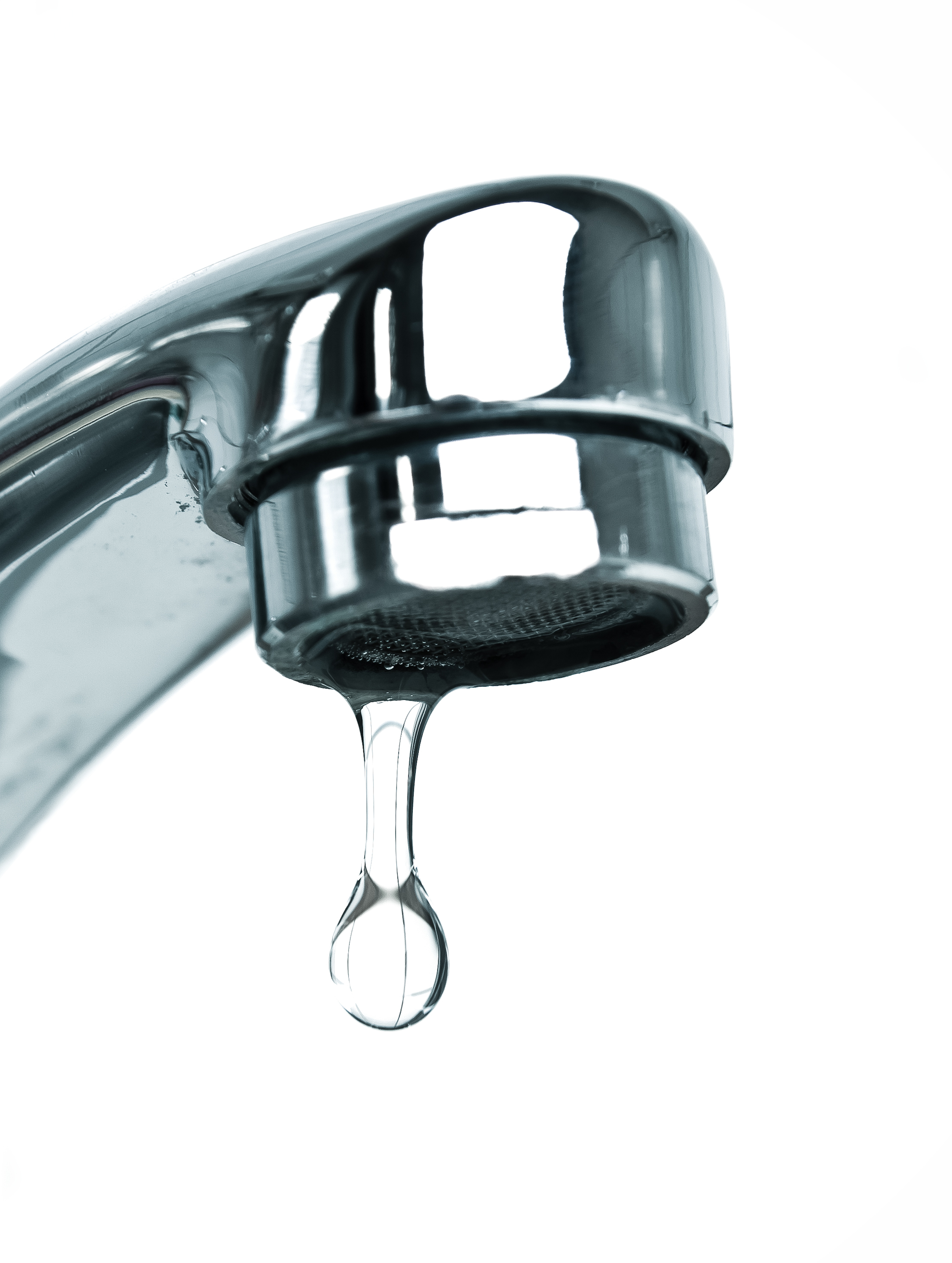
In an earlier paper I discussed how utilities are adopting Distributed or Edge Intelligence. By default the network edge is getting smarter. In a competitive market vendors are making their meters smarter. Utilities are demanding smarter meters and these devices sit at the network edge. So it is happening. This doesn’t mean that the utility is getting a Smart Network from buying Smart Meters.
Not all Smart Meters are equal. For the utility to achieve a Smart Network their new Smart Meters need to make edge decisions. Today most do not. They get deployed to report collected data to back end systems. In the future more meters will have this edge intelligence capability as standard. Smart Meters will do more than just send and receive data.
In that previous paper I discussed the communications aspects of smart metering. It was a technical look at networks but does it matter to the customer? Matter to the end user customer that is? To me? Would I want a Smart Meter with that added intelligence in my home with its communications built it? Or as customers do we see the utility as spending money to help increase their profits? Be able to watch my behaviour so they can charge me more. Like rail travel in the UK where the costs increase as demand increases. Few customers say nice things about that.
Not all customers have received so called Smart Meters well. Concerns about big brother security and larger bills have been well documented. A quick Google search brings up a long list of customer distrust from many places globally. The anti Smart Meter lobby appears widespread. Few utilities explained the customer benefits before deploying this new technology. Human nature is not to like change and we need to have the reasons explained. If I didn’t work in the industry I would likely share the same concerns.
But there are real benefits to the customer.
I used to think a power failure was bad but one morning I woke up without water and that was a real problem. Without a storage tank I had no water to even drink. A quick look out of the window and I could see why. Down the street was a burst water main flooding the road. I called the water company and they had no idea there was problem. Needless to say they could not tell me when it might get fixed.
The water company could not help me at all. My neighbours who called had the same problem. Lots of calls meant someone at the call centre would have worked out the problem was real. So many calls from one street might have helped that person determine the leak location. That would have been a slow manual process.
If only the network could have worked out the problem itself. If I had an intelligent water device in my home that was able to see the problem and report it.
Some utilities do collect data from the network edge and inform customers of problems. One such example is Oncor in Texas. Yes this is for electricity but the same could apply to smart water meters. The Oncor Portal provides customers with view of where problems are. Also when they will get resolved. They can even report their own problems.
This is just one example of how Distributed Edge Intelligence can benefit the customer. I can think of many more. For my problem I would have liked my water company to have known about the burst main before I woke up and called them. They might even have fixed things without me knowing there was a problem. Tea would not have been delayed.
If there was a small leak inside my home I would like them to warn me. I might not have noticed a small leak but with the right edge device the utility would be aware. They could contact me before winter arrives and freezing pipes create more damage. Important in Northern Europe even though there’s plenty of cheap water in Scandinavia.
So edge intelligence matters even when it looks like a Water Meter. Finding and reporting leaks not only in regions where water is scarce and wastage is a real loss.
Smart Meters and Edge Intelligence enable many benefits for the customer but maybe a new name. Maybe we should stop calling them “Meters“. The electricity industry talks about “Intelligent Endpoints“.
Not sure many customers would embrace “I’m here to install your new Intelligent Endpoint” though.
This monitoring at best annoys and sometimes scares people. There are customer advantages to this new technology but do customers know that? Maybe the industry could educate customers better about the benefits of Smart Metering? Starting with a more customer friendly name?